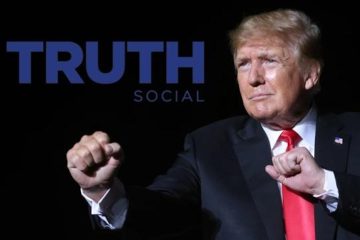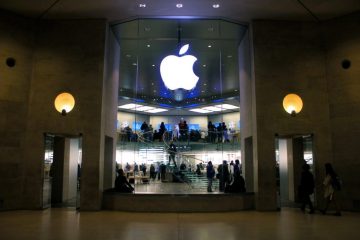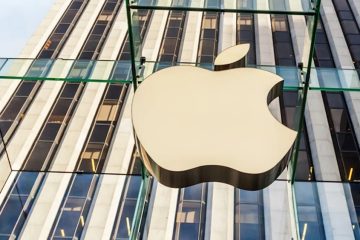The bull market just turned 9 years old

The most devastating bear market since the Great Depression ended exactly nine years ago.
Few knew it at the time, but stocks hit their financial crisis lows on March 9, 2009. On that day, the Dow closed at 6,547, and the S&P 500 sank to 677.
“It was an absolutely terrifying time in late 2008 and early 2009,” said Kristina Hooper, chief global market strategist at Invesco. “There was an enormous amount of fear in markets.”
Fear was eventually replaced by greed as the economy recovered and the Federal Reserve pumped in trillions of dollars to stimulate the economy. The S&P 500 has quadrupled in what’s now the second-longest and second-strongest bull market in history. The Dow eventually climbed above 26,000.
The question now is whether the bull run will live to see its 10th birthday. It looked like a slam dunk just five weeks ago, as euphoria over President Trump’s corporate tax cuts and the strengthening economy sent the stock market skyrocketing.
But investors were quickly reminded that stocks eventually succumb to gravity.
Worries about inflation and rising bond yields sent stocks plunging in early February, marking the fastest-ever 10% correction from record highs. More recently, concerns about Trump’s muscular trade agenda raised fears of a trade war and rattled Wall Street.
The rise of protectionism is one of the biggest risks to the bull market, Hooper said. “This is definitely a threat to economic growth and the stock market,” she said. “Everybody loses trade wars.”
Related: Major US trading partners blast Trump’s tariffs
Here are some of the biggest dangers to the bull market at age 9.
Trump’s trade crackdown: The administration’s plan to impose hefty tariffs on steel and aluminum imports has already prompted threats of retaliation from the European Union and other major trading partners.
Jeffrey Saut, chief investment stratregist at Raymond James, said that “a huge policy mistake out of the DC Beltway” like “imposing a bunch of tariffs” could trip up stocks.
Trump softened his initial tariff stance a bit on Thursday by offering exemptions for Canada and Mexico. The administration held open the possibility of exemptions for other allies as well.
The key will be how other trading partners respond and whether Trump takes more aggressive trade actions.
Fed picks up the pace: Wall Street has cheered the Fed’s plan to raise interest rates at a gradual pace. Low rates make stocks, which are riskier than bonds, look more attractive by comparison.
But if evidence emerges that inflation is a starting to become a problem, perhaps nudged higher by price hikes caused by tariffs, the Fed may abandon that strategy. A more aggressive Fed would upset the stock market.
Related: US farmers could be caught in the middle of trade war
Another rate shock: Stocks have stabilized in recent weeks as 10-year Treasury yields stopped rising. But the negative reaction in early February to turmoil in the bond market shows how addicted Wall Street is to low rates.
Concerns about higher rates have been amplified by Trump’s spending spree on corporate tax cuts and a $ 300 billion budget deal, which will force the US Treasury to borrow even more.
Ray Dalio’s recession prediction: The economy is in great shape right now, with unemployment at just 4.1% and consumer confidence at a 17-year high.
But the economic recovery is already the second-longest in history, and many economists believe the business cycle is in the later stages. Billionaire Ray Dalio recently said there’s a 70% chance of a recession prior to the 2020 election.
For his part, Saut dismissed worries about a recession anytime soon.
“I don’t see it. The economy is stronger than a garlic milkshake,” he said.
Geopolitical disaster: Wall Street has been forced to keep an eye on Pyongyang for much of the past year. A nuclear conflict with North Korea would certainly spook investors.
Fortunately, tensions on the Korean peninsula have cooled considerably. Trump even agreed on Thursday to historic talks with North Korean leader Kim Jong Un.
For now, none of these risks appear large enough to spook Wall Street. With stocks near all-time highs, investors are clearly betting on booming corporate profits and strong economic growth.
“Despite its old age, we believe the nine-year-old bull market has quite a bit left in its tank,” John Lynch, chief investment strategist at LPL Financial, wrote in a report.








